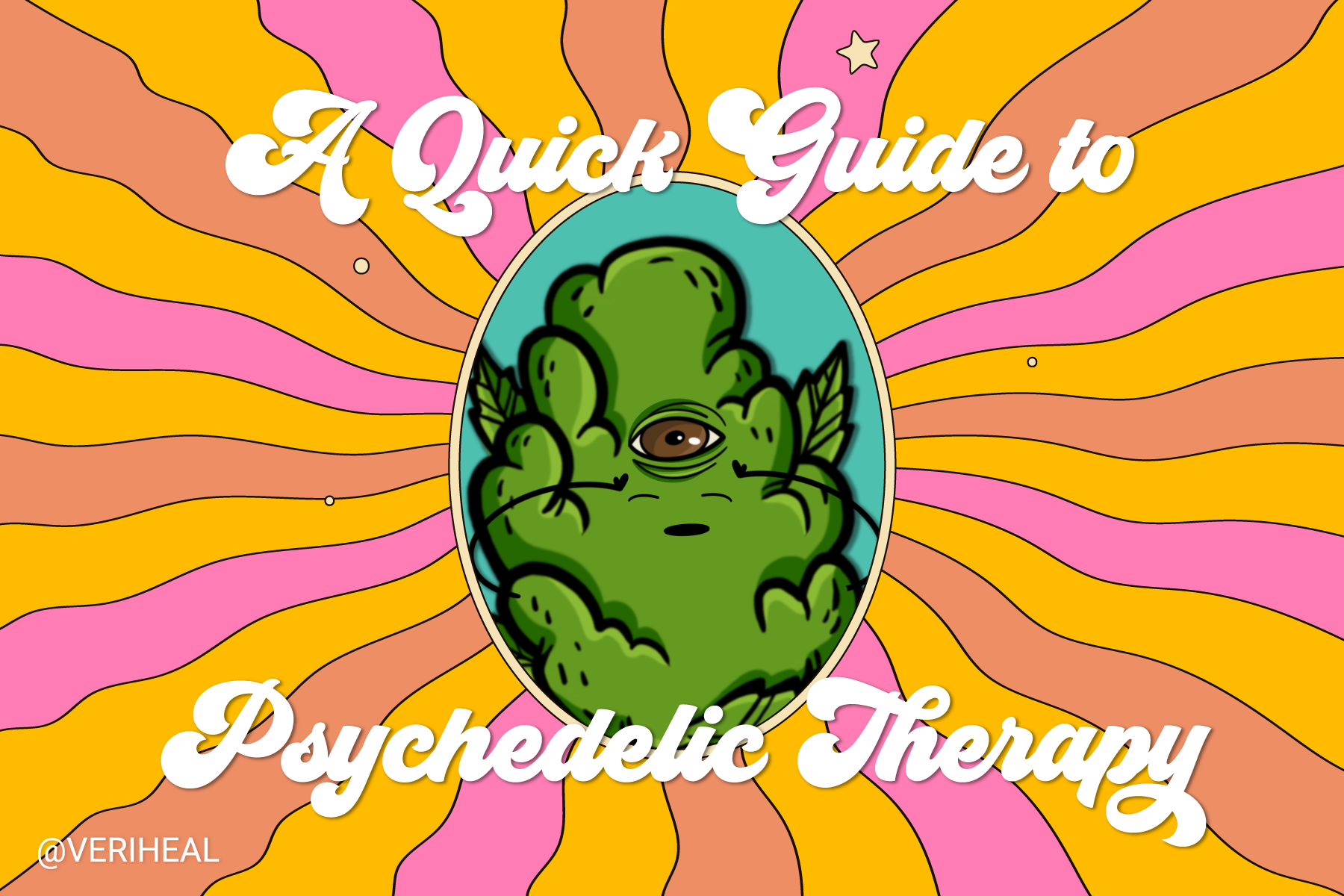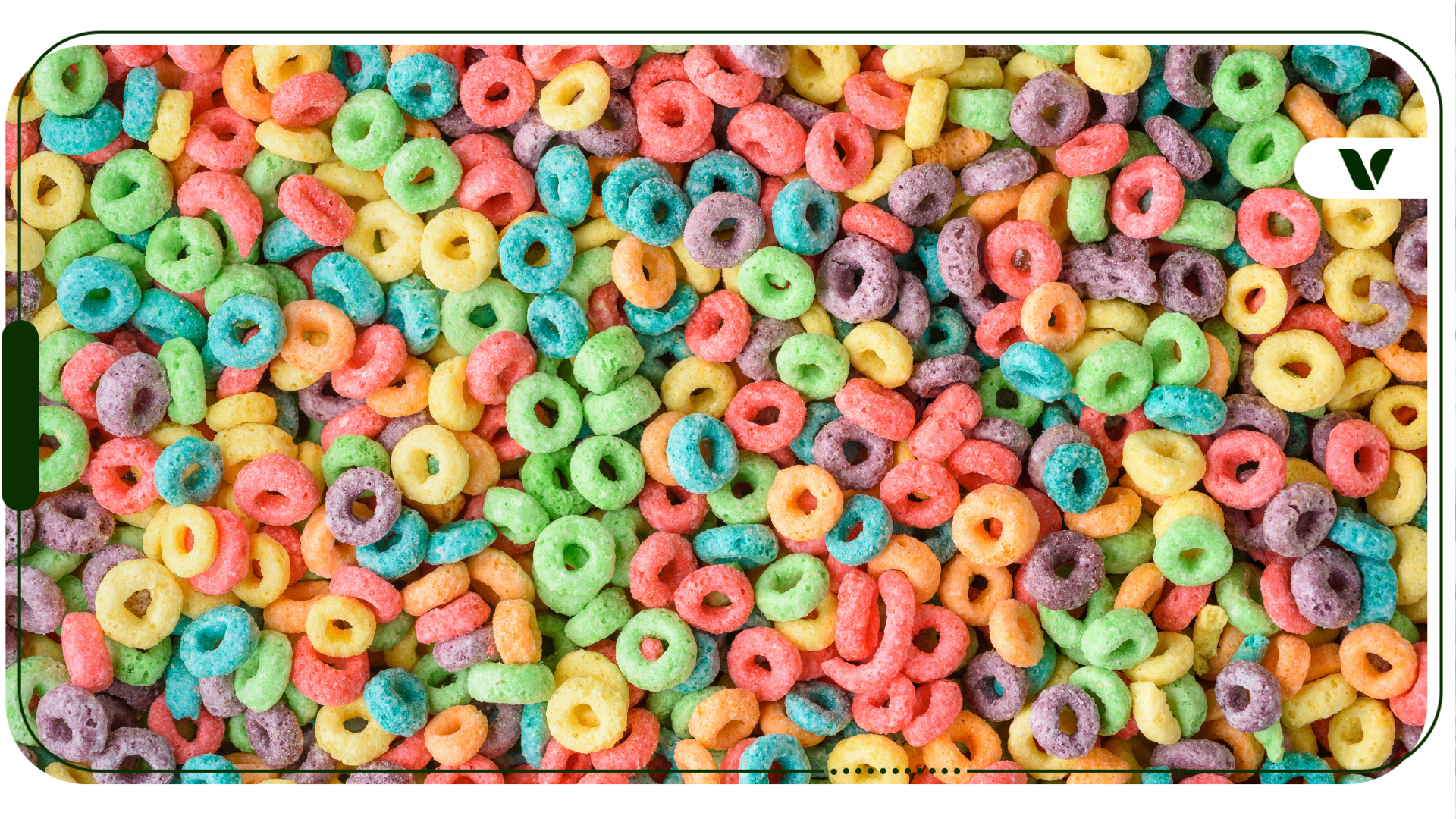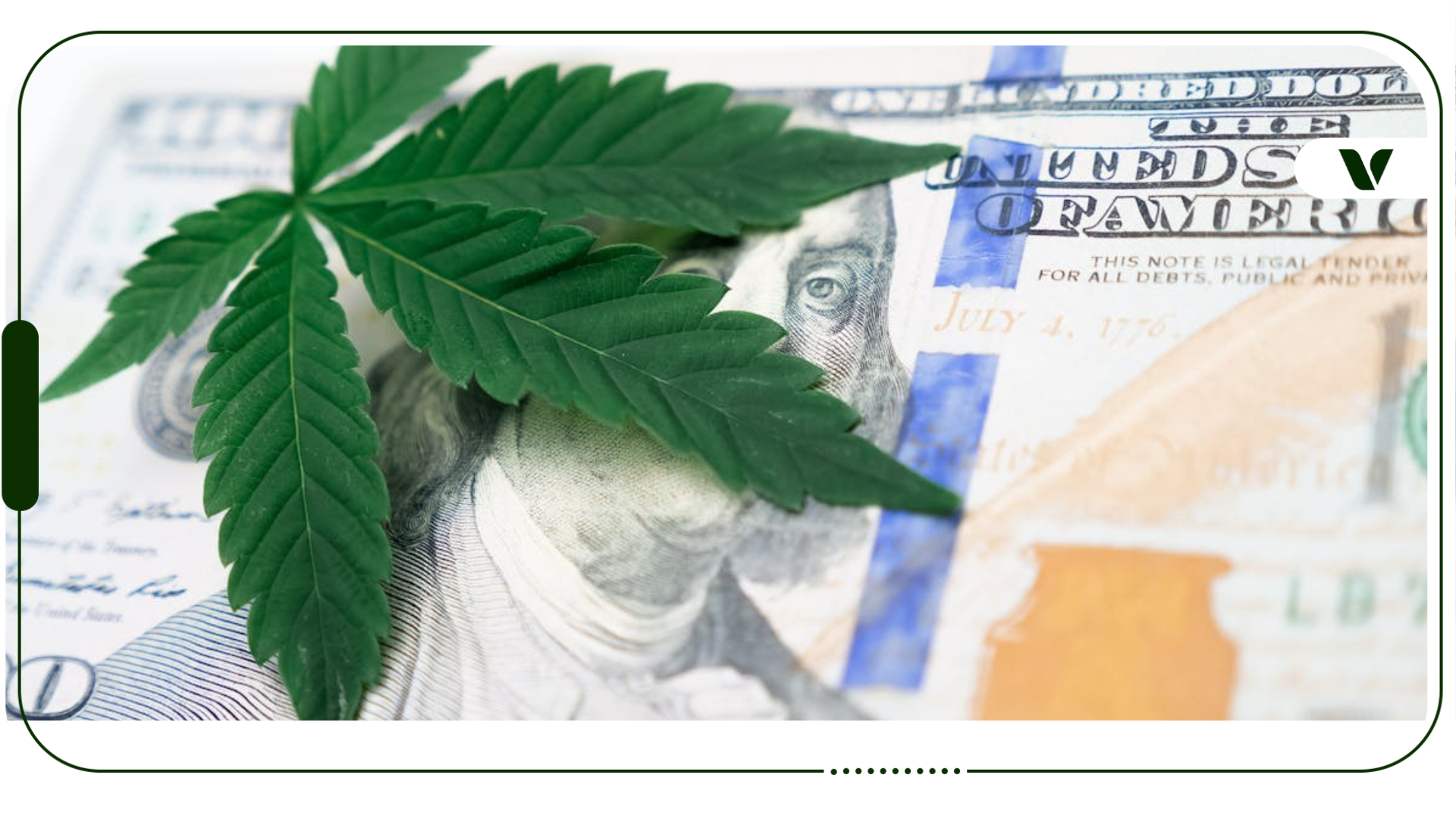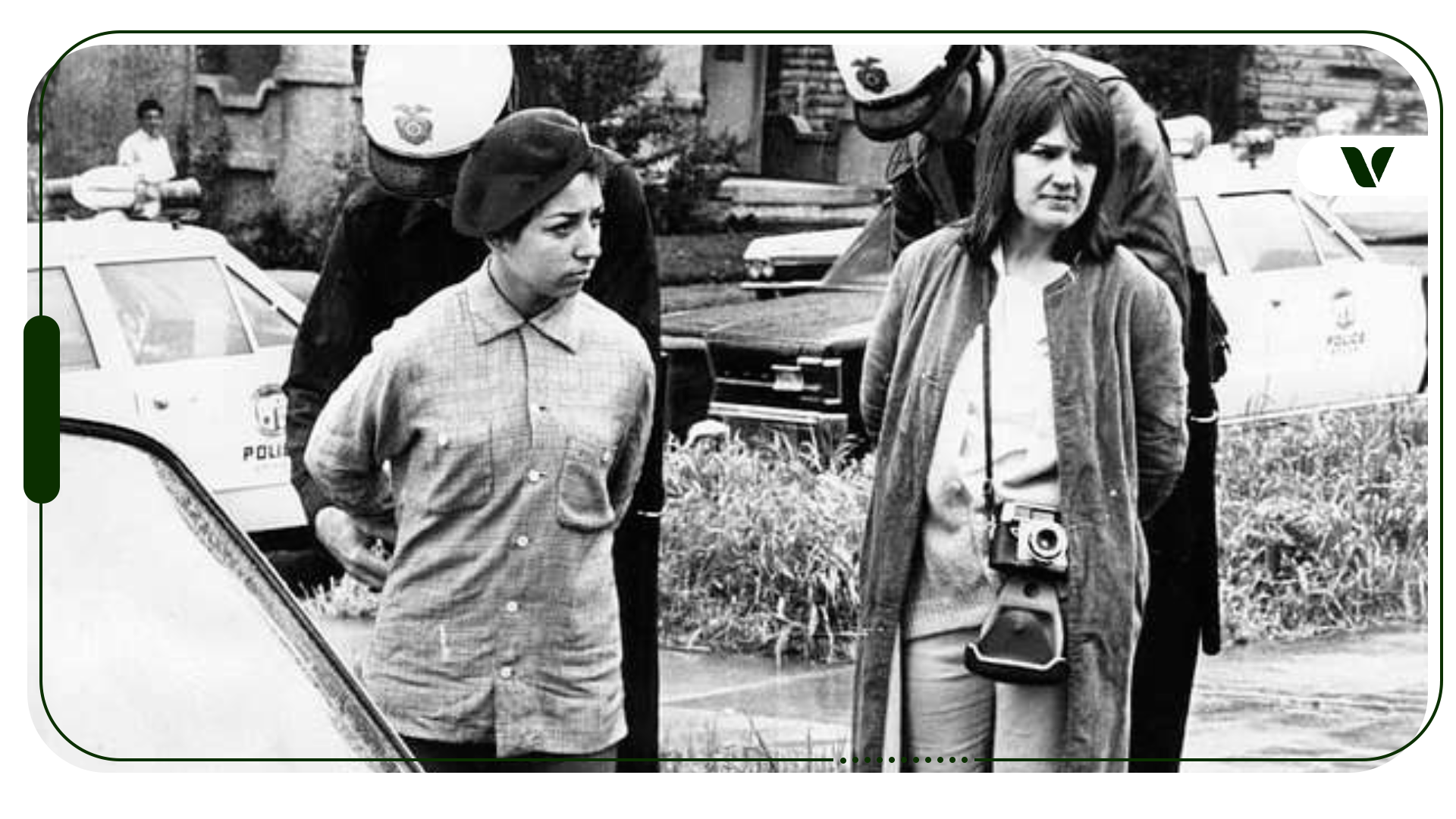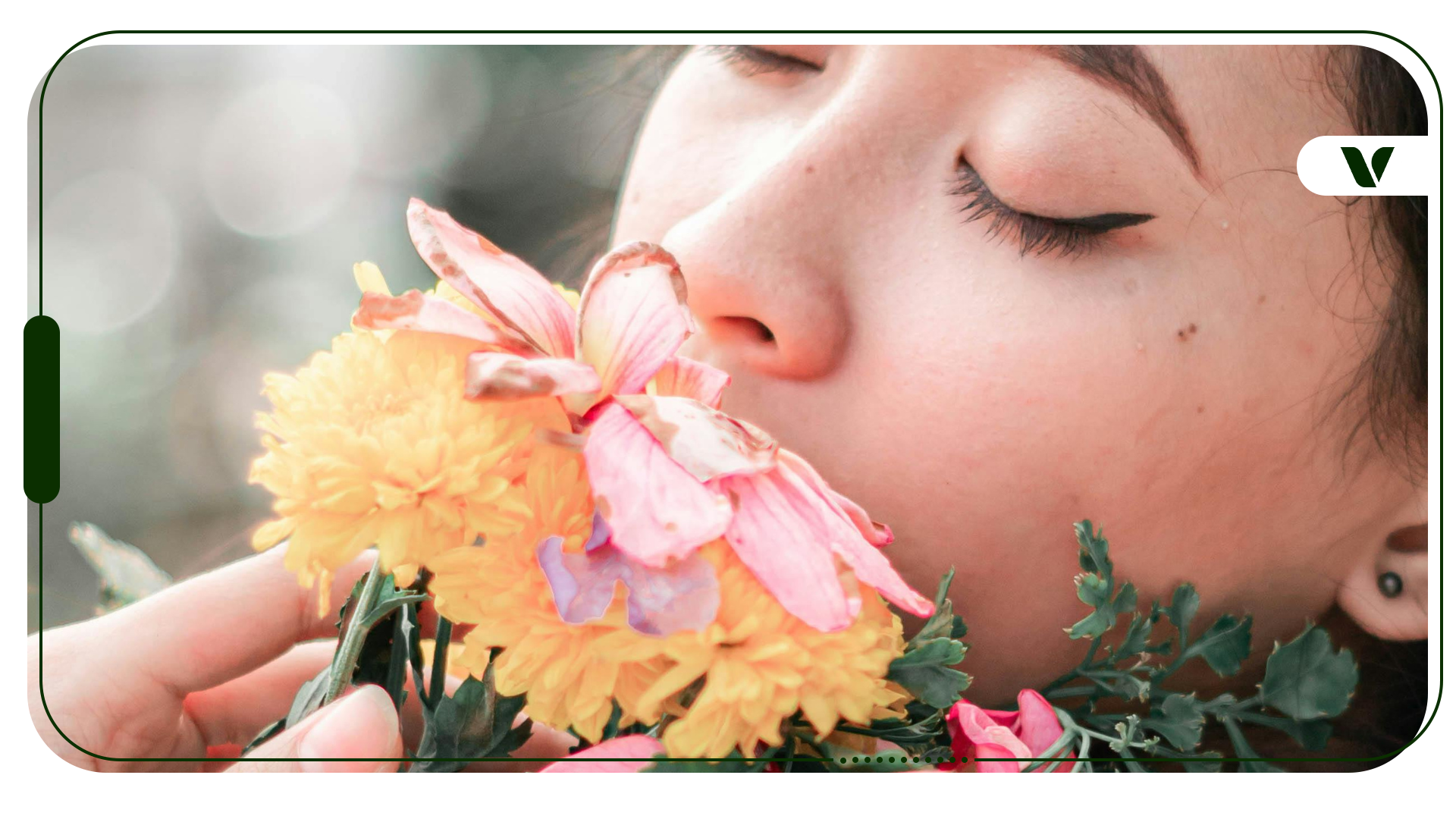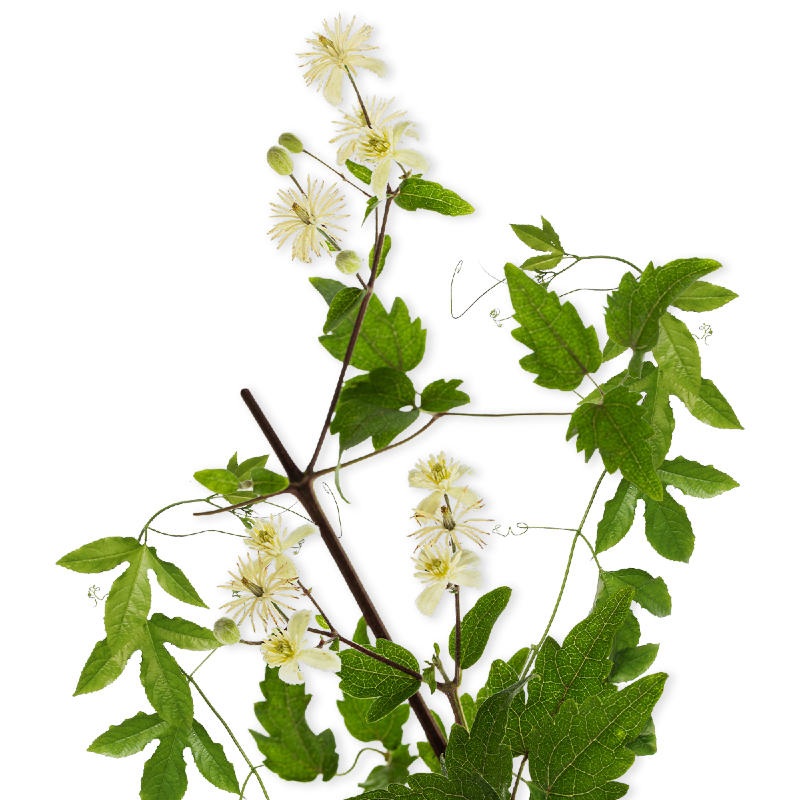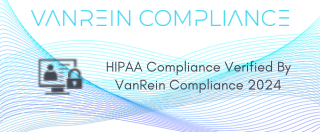A recent wave of interest in psychedelics is shaking things up as new research begins to reveal their therapeutic potential. While it is too early to use the research to argue for rescheduling, it provides hope for an alternative to the negative risks of lab-made pharmaceuticals, where some side effects are arguably worse than many psychedelics. In light of the new wave, let’s have a look at which psychedelics are currently being researched for their potential to be used in the therapeutic process.
What Is Psychedelic Therapy?
Psychedelic therapy, or psychedelic-assisted therapy, is a technique that involves the use of psychedelic, or hallucinogenic, substances in order to aid in the therapeutic process. This process involves the interaction between professionals and clients. Psychedelic therapy may have gained a lot of attention in recent years, but it has been used as part of holistic medicine and for religious purposes for thousands of years.
The hallucinogenic properties of LSD were discovered in the 1940s, which is when researchers began to look at such psychedelic substances for therapeutic potential. During the 50s and 60s, the psychedelic compounds known as lysergic acid, diethylamide, LSD, and psilocybin were being examined for their therapeutic potential, which includes being studied as a potential treatment for alcoholism. However, these substances were made illegal in the Controlled Substances Act of 1970, which means that the research had to stop. Under their illegal status, psychedelics were considered to possess significant potential for abuse and dependence while also having no recognized medical value. However, their medical value, or therapeutic potential, has motivated the continued use of these substances, despite their illegal status.
Types of Psychedelic Therapy
There are several emerging types of treatments involving using psychedelics for a variety of medical purposes. It is important to note that while these therapies are being offered, they are not all fully legalized in the United States but may be accessible elsewhere.
Ayahuasca
Ayahuasca is a psychedelic brew, like tea, which is made from Amazonian plants. The word ‘ayahuasca’ means the “vine of the spirits” according to the Multidisciplinary Association for Psychedelic Studies. The substance is used in guided rituals by shamans, who are believed to be able to contact the dead (2). The brew’s psychoactive ingredient is believed to be DMT, which is a molecule with a similar structure to the brain’s serotonin chemical, with another active ingredient being ꞵ-carboline which allows DMT to not be inactivated by digestive enzymes and reach the brain.
- Therapeutic properties: Research suggests the following therapeutic properties can be expected. Neuroprotection, neurorestorative, blocks neurodegeneration, regulates the production of antioxidants, is anti-inflammatory, enables memory reconstruction, and protects the brain cells from damage caused by a lack of oxygen levels, as well as increases levels of brain-derived neurotrophic factor (BDNF) which promotes nerve cell survival.
- Legal location treatment centers: Soltara Healing Center in Costa Rica and Niwe Rao Xobo in Peru.
Ibogaine
According to the Global Ibogaine Therapy Alliance (GITA), ibogaine is a psychoactive substance that can naturally be found in plants, typically those belonging to a plant family called Apocynaceae aka iboga. Like ayahuasca, ibogaine is used in rituals and ceremonies as well as for medicine. It has been recorded to be naturopathically used for fever, influenza, swine flu, high blood pressure, drug abuse, HIV/AIDS as well as nerve disorders.
- Therapeutic properties: The GITA explains that the following therapeutic properties can be expected. Stimulation, increased energy, induces oneirogenic effects – which means to be in a dream-like state while being awake, retrieval of repressed memories, facilitates closure of unresolved emotional conflicts, interrupts physiological dependence on drugs, curbs cravings as well as significantly reduces withdrawal symptoms.
- Legal location treatment centers: Panģea Biomedics in Mexico and Clear Sky Recovery in Mexico.
Psilocybin
Psilocybin is the hallucinogenic active compound found in certain species of mushrooms. These ‘magic mushrooms’ are also used in ceremonies and spiritual practices. While psilocybin has the potential to induce visual or auditory hallucinations, it more commonly alters one’s sensory perceptions. Psilocybin is receiving a lot of potential for its therapeutic properties as it is showing promise, and can even be used in combination with cannabis.
- Therapeutic properties: Current studies say that psilocybin can promote mood balance and alleviate depression, assist with smoking cessation, and assist in conquering addiction. It can also sustainably improve the quality of life, alleviate anxiety, induce a sense of awe and inspiration, heroic doses can temporarily dissolve the ego (ego death), boosts memory and focus, and boosts the immune system.
- Legal locations treatment center: Synthesis in the Netherlands.
Ketamine
Ketamine is a hallucinogenic substance that is used by medical practitioners and veterinarians as an anesthetic. It can produce psychedelic effects which include seeing, hearing, smelling, feeling, or tasting things unrealistically or imaginatively. Ketamine is showing great promise for depression in nasal form (esketamine, FDA-approved Spravato), despite generally being used as an anesthetic in IV form.
- Therapeutic properties: Research states the following benefits can be expected from ketamine. Alleviates pain and decreases the need for narcotic painkillers, anesthetics, and antidepressants as well as being used off-label to treat post-traumatic stress disorder, Bipolar disorder, and obsessive-compulsive disorder.
- Legal locations for treatments: Will Siu in California, Ember Health in New York, Wholeness Centre in Colorado, Craig Salerno Counseling in Colorado, and Marcela Ot’alora G. in Colorado.
LSD
LSD, or lysergic acid diethylamide, is a semi-synthetic drug that notoriously “blurs the line between perception and imagination (2).” The drug is derived from ergot which is a fungus alkaloid along with a lab-made substance called diethylamide.
- Therapeutic properties: According to Frontiers in Psychiatry, the following benefits can be expected from LSD: it acts as an antidepressant, alleviates anxiety, and obsessive-compulsive disorder (OCD), assists in combating tobacco and alcohol dependence, assists in combating psychosomatic diseases (which are conditions involving both the mind and body), and reduces psychiatric symptomatology mainly related to alcohol use disorder.
- Legal locations for treatment: No legal locations at this time.
Mescaline
Mescaline, also known as 3,4,5-trimethoxyphenethylamine, buttons, moon, and cactus, occurs naturally in certain cacti plants that are native to the southwestern United States, Mexico, and South America (9). It has been used by the Native Americans for thousands of years for religious purposes and curing physical ailments. The most well-known cactus source of mescaline, called peyote, is recognized as a sacrament in many Native American tribes, making it the only exemption from mescaline’s normal DEA Schedule I classification.
- Therapeutic properties: With a medical effect lasting 10-12 hours, it increases an altered state of consciousness. Mescaline has been linked to a lower risk of mood disorders, psychosis, anxiety, and psychological distress (9). It has also been suggested for treating alcohol dependence and disorders that are linked to serotonin deficiencies. Its side effects include an increased risk of agitation, hallucinations, and tachycardia, or increased heart rate.
- Legal locations for treatment: there are no known legal locations for treatment. It is only available for purchase by registered members of the Native American Church.
Psychedelics are illegal in most countries, so it is absolutely important for one to confirm that the therapy is happening under legal conditions.
The Importance of Setting in Psychedelic Therapy
The conditions where-in psychedelics are consumed can influence the experiences one would have on the substance. The psychedelics can leave you vulnerable and open to potential harm, which is why consumption of psychedelics should only happen in controlled and secure environments, preferably with a professional.
Additionally, the ceremonies involved in psychedelic therapies have been specifically designed and structured to minimize adverse influence over the experience. Professionals at psychedelic retreats and institutions have taken great care to ensure that your experience takes place in a safe and peaceful environment as well as taking measures to ensure your mindset is ready for a positive experience. A good psychedelic therapy program should involve a thorough medical screening, an in-depth application process, emotional and psychological integration work as well as safe and peaceful settings under the guidance or facilitation of a professional.
While psychedelics remain largely illegal, they can be beneficial therapeutics and are worth investigating. Granted that consumption happens in legal locations so that you do not run the risk of getting into trouble with the law. Your safety is of the utmost importance, which is why we do not recommend that you self-medicate with psychedelics but rather seek out professional assistance.
Note: Veriheal does not support illegally consuming alternative therapeutic substances but acknowledges that it transpires because of the current illicit status, which we strive to change by advocating for research, legal access, and responsible consumption. Always consult a physician before attempting psychedelic therapy.
1. Bobbett, M. (2017). EGO DEATH RESULTING FROM PSILOCYBIN EXPERIENCES: EXPLORING THE CONCEPT WITHIN MYSTICISM. Proquest. Retrieved December 31, 2021, from https://www.proquest.com/openview/ee45b79caf23479e2a196b8ea5d1af31/1?pq-origsite=gscholar&cbl=18750&diss=y
2. Davis, K. (2017, June 22). LSD: Effects and hazards. Medical News Today. Retrieved December 31, 2021, from https://www.medicalnewstoday.com/articles/295966
3. Frecska, E., Bokor, P., & Winkelman, M. (2016). The Therapeutic Potentials of Ayahuasca: Possible Effects against Various Diseases of Civilization. Frontiers in pharmacology, 7, 35. https://www.ncbi.nlm.nih.gov/pmc/articles/PMC4773875/
4. Kristensen, K. (2014, November 21). The ayahuasca phenomenon – multidisciplinary association for psychedelic studies. MAPS. Retrieved December 31, 2021, from https://maps.org/2014/11/20/the-ayahuasca-phenomenon/
5. Thomas, K., Malcolm, B., & Lastra, D. (2017). Psilocybin-assisted therapy: A review of a novel treatment for psychiatric disorders. Journal of Psychoactive Drugs, 49(5), 446–455. https://www.tandfonline.com/doi/abs/10.1080/02791072.2017.1320734
6. US Department of Justice & Drug Enforcement Administration. (2017). Drugs of abuse (2017 edition) – deagovtest.dea.gov. www.DEA.gov. Retrieved December 31, 2021, from https://deagovtest.dea.gov/sites/default/files/2018-06/drug_of_abuse.pdf
7. What is ibogaine? The Global Ibogaine Therapy Alliance. (n.d.). Retrieved December 31, 2021, from https://www.ibogainealliance.org/ibogaine/
8. Zanos, P., Moaddel, R., Morris, P. J., Riggs, L. M., Highland, J. N., Georgiou, P., Pereira, E. F., Albuquerque, E. X., Thomas, C. J., Zarate, C. A., & Gould, T. D. (2018). Ketamine and ketamine metabolite pharmacology: Insights into therapeutic mechanisms. Pharmacological Reviews, 70(3), 621–660. https://pharmrev.aspetjournals.org/content/pharmrev/70/3/621.full.pdf
9. Elizabeth Hartney, B. S. (2021, June 24). Mescaline: Everything you’ve been afraid to ask. Verywell Mind. Retrieved December 31, 2021, from https://www.verywellmind.com/what-is-mescaline-4155320
Author, Share & Comments


